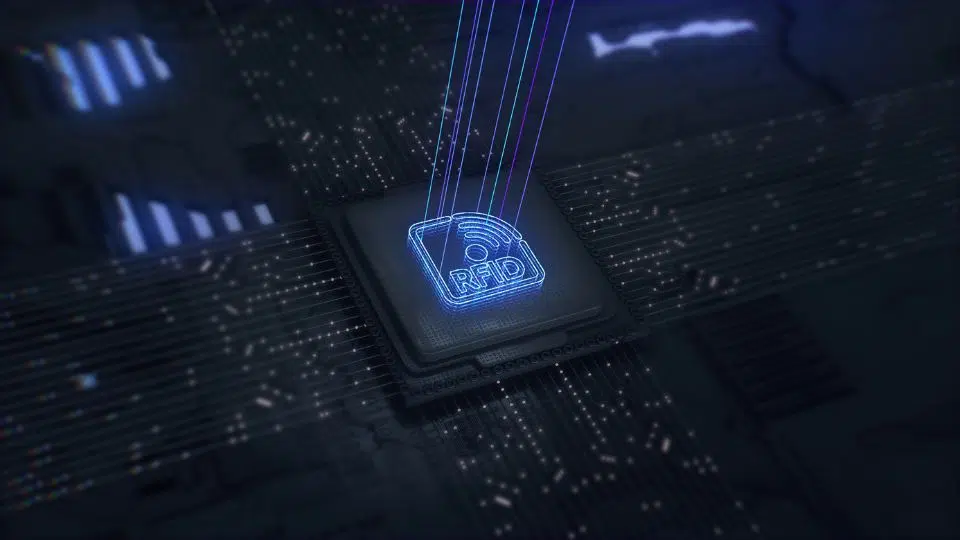By Lynn Hughes, Partner, Columbus Consulting

Has this ever happened to you?
You’re surfing the web looking for the perfect top, pants, dress, jacket, whatever, for a special event that is right around the corner. You find the exact item in the right size and color, and the retailer’s website shows they have it in stock in your local store! Jackpot! Your search is over, you pay for it and head to the store to pick up your shiny new item.
And then this happens…
Just as you reach the store, you get a ping on your phone and see a cancelation notice from the retailer – it seems they don’t actually have your desired item/size/color at the store. The inventory details on their website were incorrect and they actually don’t have your item/size/color anywhere in the chain. This leads to disappointment and frustration with the retailer and erodes your confidence in them and their website. You’ll be sure to tell all your friends about the experience as well as sharing it on social media.
If the retailer had RFID technology in their stores and supply chain this would not have happened.
Here’s how RFID could have improved the customer experience
RFID (Radio Frequency Identification) technology plays a vital role in unified commerce retail, offering several benefits that enhance the overall customer experience and operational efficiency. According to studies, RFID implementation can reduce out-of-stock instances by 50% or more. Fewer stockouts mean customers are more likely to find what they’re looking for, increasing the likelihood of a purchase.
RFID technology also enables real-time inventory tracking, leading to higher accuracy levels (often above 95%). Accurate inventory data ensures that products are available when customers want to buy them, enhancing the conversion rate, and the accuracy of the retailer’s omni store fulfillment rates.
Still not convinced? Retailers who use RFID experience these benefits:
1. Real-time Inventory Visibility
- RFID provides accurate, real-time visibility into inventory levels across all channels. This enables retailers to fulfill customer orders from the most convenient location, whether it’s a warehouse, store, or distribution center, optimizing inventory management.
2. Enhanced Order Fulfillment
- Retailers can efficiently process orders from various channels using RFID. With accurate inventory data, retailers can fulfill online orders more efficiently, avoiding situations where products ordered online are not available in-store or in the warehouse.
3. Unified Customer Experience
- RFID enables a seamless shopping experience across channels. Customers can browse products online, place orders via mobile devices, and pick up or return items in-store without any discrepancies in inventory or pricing information.
4. Personalized Shopping Experience
- RFID data can be utilized to understand customer preferences and behaviors. With this information, retailers can personalize marketing messages, product recommendations, and promotions, creating a more engaging and relevant shopping experience.
5. Efficient Click-and-Collect Services
- RFID streamlines click-and-collect services, allowing customers to order online and pick up items in-store. Staff can quickly locate items by using the “Geiger counter” functionality of the RFID application, ensuring accurate and timely order fulfillment for online, in-store, or mobile orders. This reduces the time it takes to fill and verify orders, and ensures a smooth and efficient customer pickup process.
6. Improved Customer Service
- Accurate inventory information enables staff to provide better customer service. They can check stock availability, provide product details, and assist customers with their questions, enhancing overall customer satisfaction and loyalty.
7. Optimized Replenishment and Demand Forecasting
- RFID data analytics provide insights into customer buying patterns and product popularity. Retailers can optimize inventory replenishment and demand forecasting based on real-time data, reducing excess inventory and ensuring products are available when customers need them.
8. Reduced Shrinkage and Errors
- RFID tagging helps in reducing shrinkage due to theft and minimizes errors in inventory management. Automated tracking and monitoring prevent discrepancies between physical stock and digital records, leading to better loss prevention.
9. Streamlined Returns Process
- RFID simplifies the returns process by accurately identifying the origin and condition of the returned item, which speeds up the return and exchange process, thereby enhancing customer satisfaction.
10. Data-Driven Decision Making
- RFID generates valuable data that can be analyzed to gain insights into customer behavior, product performance, and sales trends. Retailers can make data-driven decisions to optimize their offerings, marketing strategies, and operational processes.
The Case for RFID
By leveraging RFID technology in unified commerce retail, businesses can provide a seamless and personalized shopping experience to customers while optimizing their operations and improving overall efficiency. This results in higher customer satisfaction, increased loyalty, and improved profitability for the retailer.
With all of the critical initiatives set forth by retailers, it may be hard to build a case to focus on one priority over another. Enhancing/implementing your RFID technology is a tangible effort that yields measurable returns for both the business and the customer. Optimizing your inventory visibility, building more effective cross channel transparency, better serving the shopper and allowing for more frictionless returns are just a few of the immediate benefits.
If you are looking for a short-term win in 2024, reach out to the experts at Columbus Consulting for an initial review of your systems/processes/technology and to find out where you are on your RFID roadmap.
ABOUT COLUMBUS CONSULTING
Columbus Consulting delivers solutions that drive true value and have been transforming the retail and CPG industries for over two decades. We are a retail consulting company of industry experts. Our approach is simple, if you do it, we do it. We are more than consultants; we are experienced practitioners who actually sat in our clients’ seats. We understand the challenges, know what questions to ask and deliver the right solutions. Columbus offers a unique, consumer-centric approach with an end-to-end perspective that bridges functional & organization silos from strategy to execution. Our specialties include: unified commerce, merchandising & category management, planning & inventory management, sourcing & supply chain, data & analytics, accounting, finance & operations, people & organization and information technology. Let us know how we can help you. To learn more, visit COLUMBUSCONSULTING.COM

